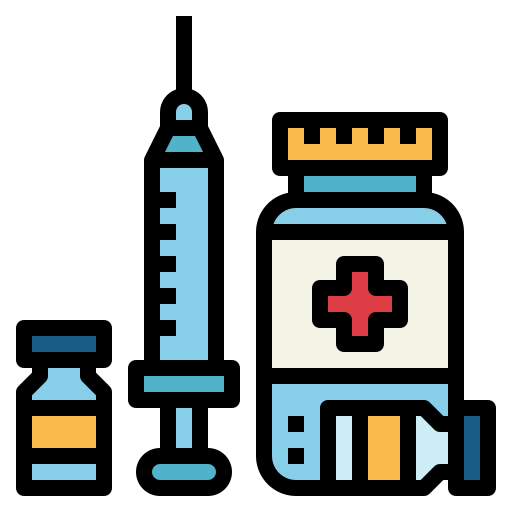NHS Lanarkshire Guideline: Pharmacological Management of Migraine focuses on local pathways for the preventative treatment of migraine.
Choice of prophylactic treatment should be based on individual patient factors such as presence of co-morbidities, potential for drug interactions and possibility of pregnancy.
Effectiveness of prophylactic medication can be reduced by overusing analgesics or triptans for treatment of acute migraine.
Where there are concerns regarding medication overuse, the risk of medication-overuse headache and the potential reduction in efficacy of prophylactic treatments should be discussed with the patient.
Following dose optimisation, it is recommended that each trial of a prophylactic treatment is continued for 3 months before assessing efficacy.
Good response is a 50% reduction in severity and frequency of attacks.
Treatment failure is a lack of response to the highest tolerated dose used for 3 months.
Migraine prophylaxis should be reviewed every 6 to 12 months and consideration given to a trial reduction.
Following specialist advice, sodium valproate may be considered for migraine prophylaxis. Sodium valproate is not licensed for this indication, however such use is referenced in national guidelines.
Sodium valproate is associated with a significant risk of birth defects and developmental disorders in children exposed to valproate in utero.
For women of childbearing potential sodium valproate should only be considered as a prophylactic treatment when:
- other treatment options have been exhausted
- conditions of the Pregnancy Prevention Programme are met.
MHRA VALPROATE AND DEVELOPMENTAL DISORDERS ALERT
IMPORTANT NEW RESTRICTIONS: MHRA DRUG SAFETY UPDATES JANUARY 2024, SEPTEMBER 2024 and FEBRUARY 2025.
Additional safety measures include a requirement for a review by two specialists when initiating valproate for MALES and FEMALES under the age of 55 and for existing FEMALE patients already prescribed valproate under the age of 55. A review by two specialists is not required for existing MALE patients already taking valproate.
Valproate must not be prescribed to women/girls of childbearing potential unless enrolled in pregnancy prevention programme (PPP).
Inform male patients (of any age) who may father children of the possible increased risk of neurodevelopmental disorders in children conceived around the time of valproate use and the recommendation to use effective contraception (condoms, plus contraception used by the female sexual partner) during valproate treatment and for at least 3 months after stopping valproate.
Source: MHRA Drug Safety Update Jan 2024: New safety and educational materials to support regulatory measures in men and women under 55 years of age, Sep 2024: Valproate use in men: as a precaution, men and their partners should use effective contraception, and Feb 2025: Valproate: review by two specialists is required for initiating valproate but not for male patients already taking valproate
MHRA Resources: MHRA information page, Patient guide for women, Patient guide for men, Patient card, Patient Information Leaflet, Healthcare Professional Guide, Annual Risk Acknowledgement Form for female patients, Risk Acknowledgement Form for male patients starting valproate, Advice for male patients on valproate to use contraception, Visual risk communication diagram to be used by a healthcare professional when counselling on the risks, and infographics which clarify in which situations review by two specialists may be required: for female patients under 55 years old, for male patients under 55 years old and for male and female patients 55 years and older.
